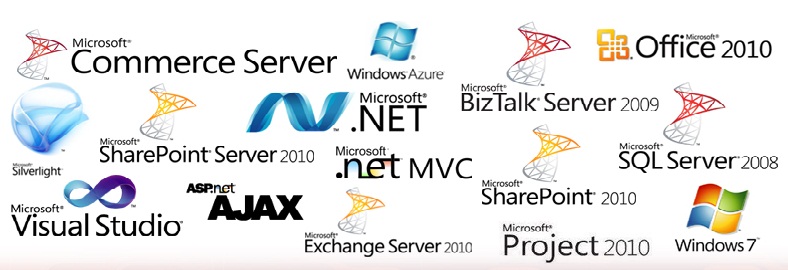Book recommendation for coders – PPR BookClub
Books are a uniquely portable magic.” says Stephen King, the master of Horror, and “… a mind needs books as a sword needs a whetstone if it is to keep its edge.
– chips in George R. R. Martin.
And it’s true. We read books to travel to new places and experience new things. We also read them to learn. Learn about love, war, and how to do our jobs, among other things, properly.
Being a software company, we continuously try to improve and evolve. To achieve this, we try to learn from the best, and reading the right books is the way to go.
We want to showcase three of the most recommended books for software development so that you can also improve and learn:
3. Code Complete: A Practical Handbook of Software Construction
Steven C. McConnel, an expert in software engineering and project management, wrote the book. It was published in 1993 by Microsoft Press, encouraging developers to continue past code-and-fix programming and big design up front and waterfall models.
It also teaches many software construction techniques:
- Design for minimum complexity and maximum creativity;
- Reap the benefits of collaborative development;
- Apply defensive programming techniques to reduce and flush out errors;
- Exploit opportunities to refactor—or evolve—code, and do it safely;
- Use construction practices that are right-weight for your project;
- Debug problems quickly and effectively;
- Resolve critical construction issues early and correctly;
- Build quality into the beginning, middle, and end of your project.
2. The Pragmatic Programmer: From Journeyman to Master
Written by Andrew Hunt and David Thomas and published in 1999, it’s an influential book in software engineering.
The book examines the core process – taking a requirement and producing working and maintainable code that delights its users. The topics range from career development and personal responsibility to architectural techniques for keeping the code flexible, easy to adapt, and easy to reuse.
You’ll also learn things like:
- Fight software rot;
- Avoid the trap of duplicating knowledge;
- Write flexible, dynamic, and adaptable code;
- Avoid programming by coincidence;
- Bullet-proof your code with contracts, assertions, and exceptions;
- Capture real requirements;
- Test ruthlessly and effectively;
- Delight your users;
- Build teams of pragmatic programmers;
- Make your developments more precise with automation.
1. Clean Code: A Handbook of Agile Software Craftsmanship
Written by Robert C. Martin, an American software engineer and instructor, this book will instill within you the values of a software craftsman and make you a better programmer.
The book consists of three parts:
- Part one describes the principles, patterns, and practices of writing clean code;
- Part two consists of case studies of increasing complexity;
- Part three contains a list of heuristics gathered while creating the case studies.
By reading this book, you will know the following:
- How to tell the difference between good and bad code;
- How to write good code and how to transform destructive code into good code;
- How to create good names, good functions, suitable objects, and suitable classes;
- How to format code for maximum readability;
- How to implement complete error handling without obscuring code logic;
- How to unit test and practice test-driven development.
This is our three-book list to become better at software development.



